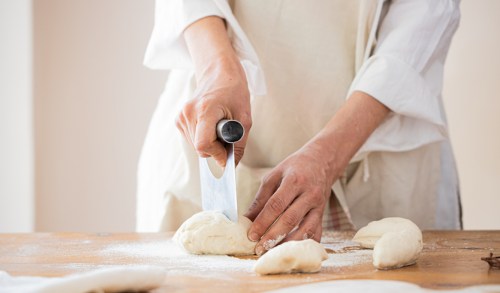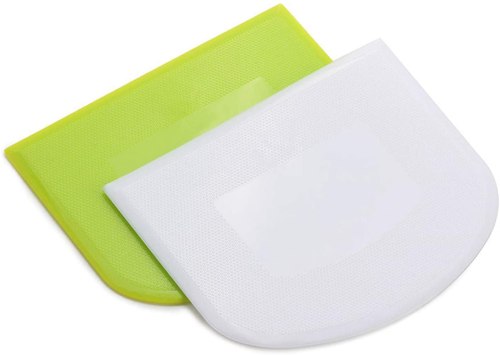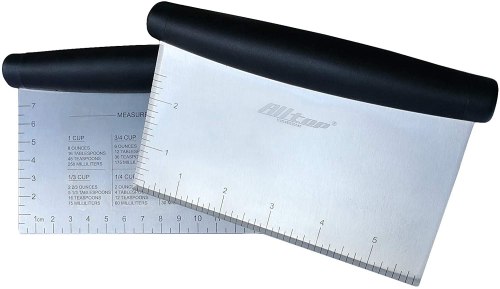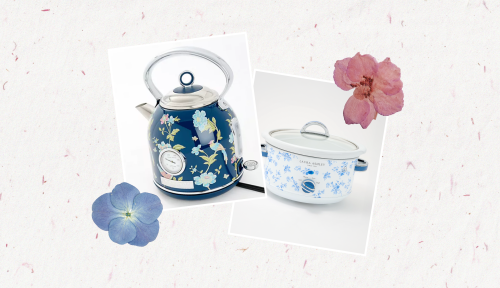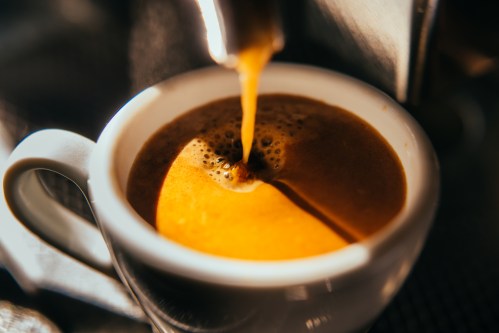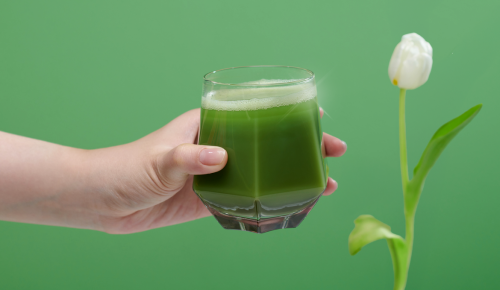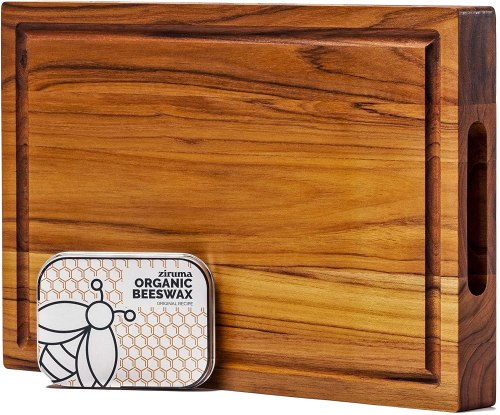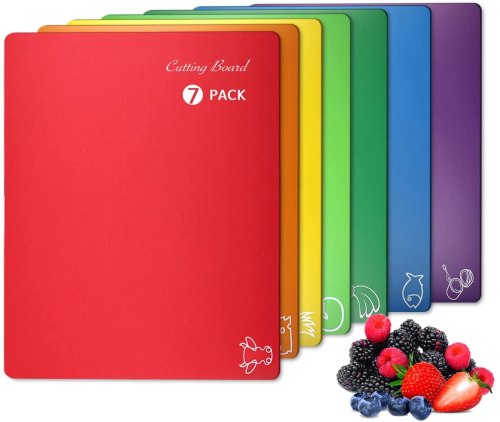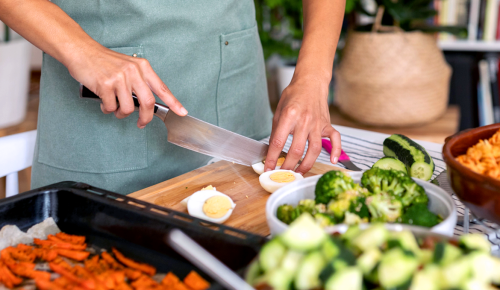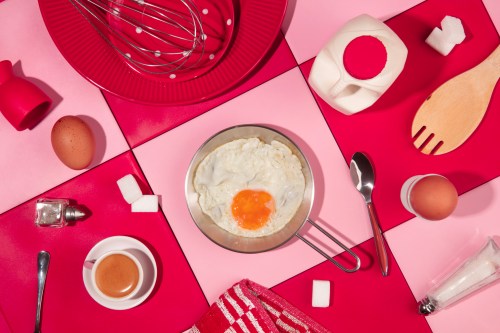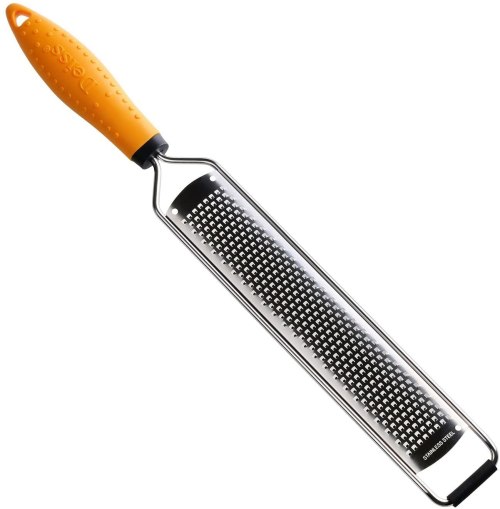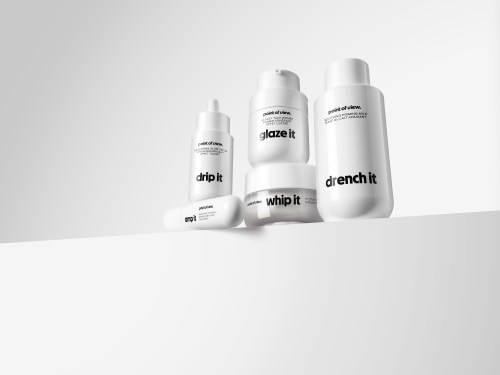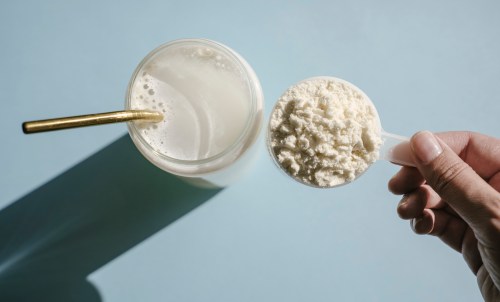Our editors independently select these products. Making a purchase through our links may earn Well+Good a commission
There are some cooking tools that are pretty obvious investments: Chances are, a good chef’s knife and a food processor are both on your holiday wish list if you don’t have them already. But there are also some less obvious game-changing cooking tools that you only know about if you’re a legit pro chef. After all, every expert has their own secret tricks of the trade.
Experts in This Article
Institute of Culinary Education graduate and chef
Lucky for ambitious home cooks, Institute of Culinary Education professional chef Adrienne Cheatham is spilling the beans on the cooking tools she shelled out for after graduating from culinary school. As you can imagine, as a budding chef, she already had the basics, but once she got schooled in the kitchen (literally), she realized there were a few tools that made meal prep and cooking a heck of a lot easier.
Rounded up here are five chef-recommended cooking tools, courtesy of Cheatham. Your kitchen skills are about to reach new heights—just in time for the marathon of holiday meal prep.
5 chef-recommended cooking tools
Plastic Bowl Scraper — $5.00
“I use a bowl scraper all the time,” Cheatham says of this $5 cooking tool. Never heard of it? She explains that a bowl scraper is used to get every bit of dough, batter, or whatever contents are in your bowl out. The edge is rounded so it bends to the shape of a bowl. “It does a way better job than using a spatula,” Cheatham says. The flat side of the bowl scraper works as a dull knife that can be used to cut through dough.
Bench Scraper & Chopper, Set of 2 — $8.00
A bench scraper is used differently from a bowl scraper, but Cheatham says it’s just as handy. “Unlike a bowl scraper, a bench scraper is metal and is firm; it does not bend,” she says. Similar to the bowl scraper, it has a dull knife which is handy for cutting dough. But since it’s made of metal, it does a better job of cutting portions for foods like lasagna and casseroles, too. “You can also use it to clean your cutting boards, getting anything leftover off in one movement,” Cheatham says. What’s more, your bench scraper tool is just the thing for transporting ingredients from one area of the kitchen to the other, like when you’re bringing green beans from the cutting board to the cooktop.
Ziruma Teak Wood Cutting Board — $50.00
Cheatham says a thick, sturdy cutting board is something she uses constantly. “I have a heavy, wooden cutting board that I use a lot,” she says. Wooden cutting boards are more durable than plastic, making them great everyday cooking tools. This teak one is made to last for a full 50 years. It also comes with beeswax, which acts as a protective coating on the board’s surface.
Zeffy Plasti Cutting Boards — $14.00
Cutting boards are used so much in cooking that Cheatham doesn’t just have her single wooden one out when whipping up a meal. Instead, she has a plastic one (or several) handy, too. “If I’m chopping something small, I don’t necessarily need the big wooden one,” she says. “Plastic cutting boards are lighter and easier to clean. Often, they’re just more convenient.” They’re also less porous than wood, which makes them ideal for cutting raw meat or fish—two foods that are highly prone to cross-contamination when you’re using the same cutting board to prep all your ingredients. These colored ones are brilliant for just that reason: Red is for beef, blue is for seafood, green is for fruit, and so on. Her expert option is that it’s worth investing in both types.
Deiss Pro Microplane — $11.00
The last cooking tool on Cheatham’s must-have list is a handy dandy microplane. “I use it for everything, like zesting lemon, grating Parmesan cheese, or mincing ginger,” she says. “It’s great for mincing garlic, too, because it won’t make your hands smell all garlicky.” If you’re looking to save time in the kitchen, this tool is endlessly useful.
Sure, pots, pans, and spatulas are all essential for cooking. But you knew that already, right? The tools Cheatham highlighted above are the under-the-radar ones pro chefs use to save time. And saving time when it comes to meal prep and cooking is pretty much priceless.
Oh hi! You look like someone who loves free workouts, discounts for cutting-edge wellness brands, and exclusive Well+Good content. Sign up for Well+, our online community of wellness insiders, and unlock your rewards instantly.
Sign Up for Our Daily Newsletter
Get all the latest in wellness, trends, food, fitness, beauty, and more delivered right to your inbox.
Got it, you've been added to our email list.
